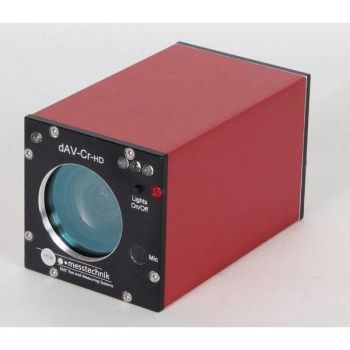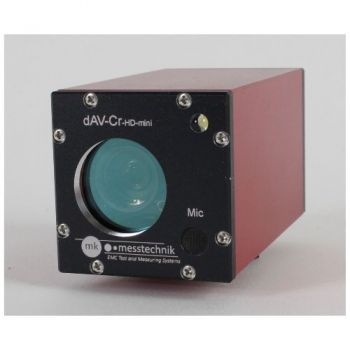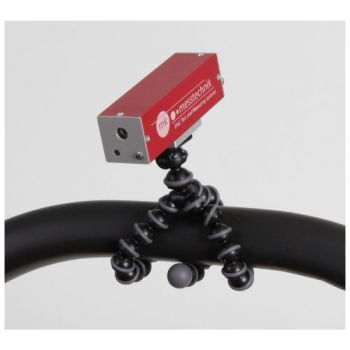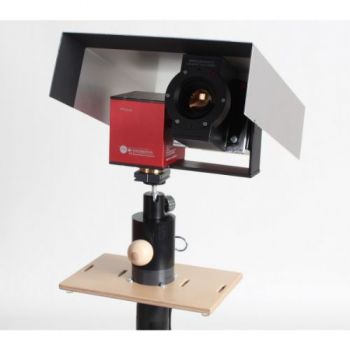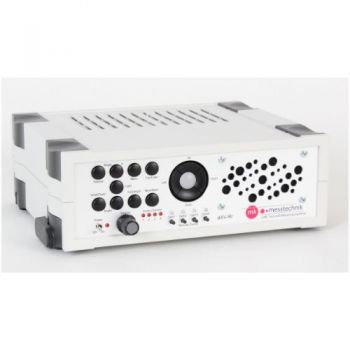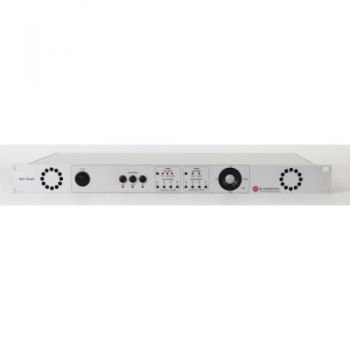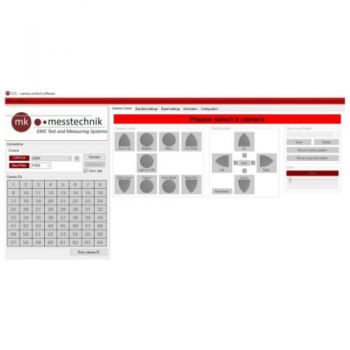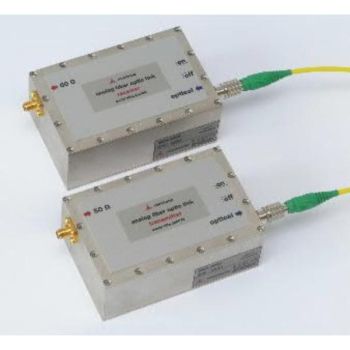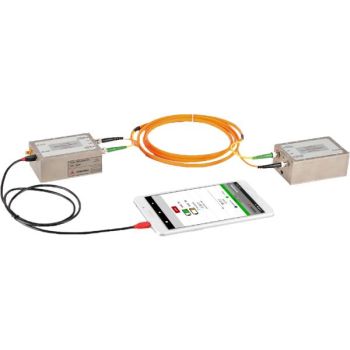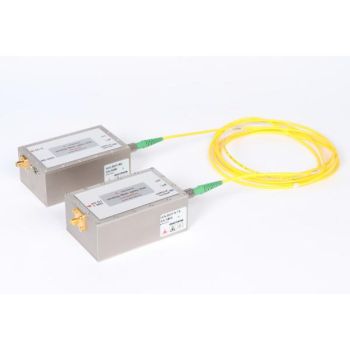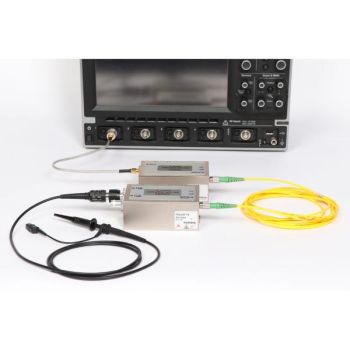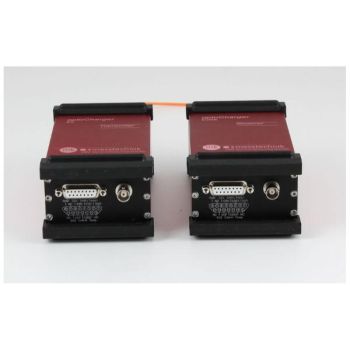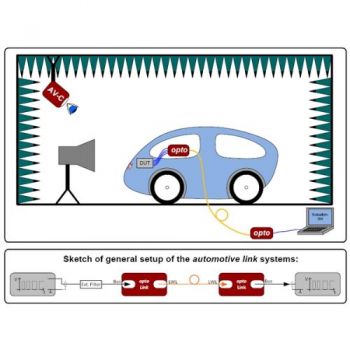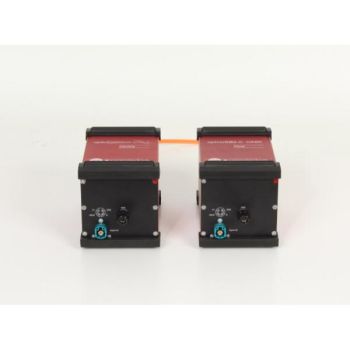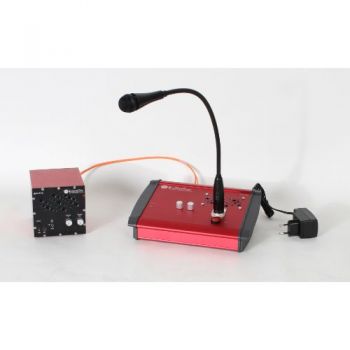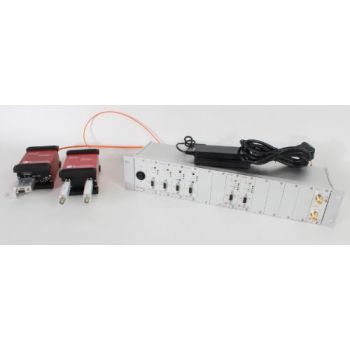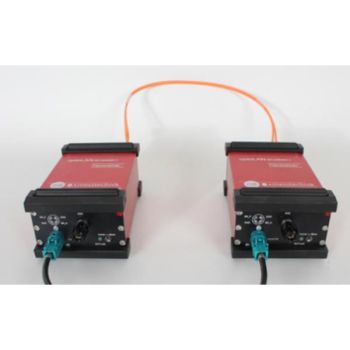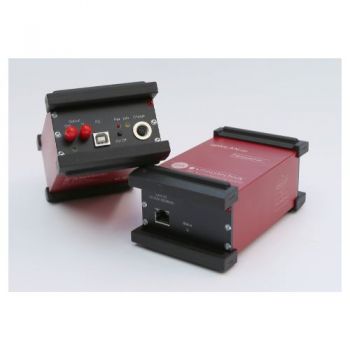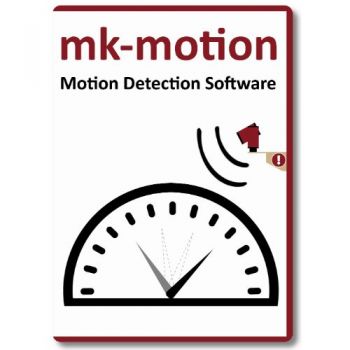
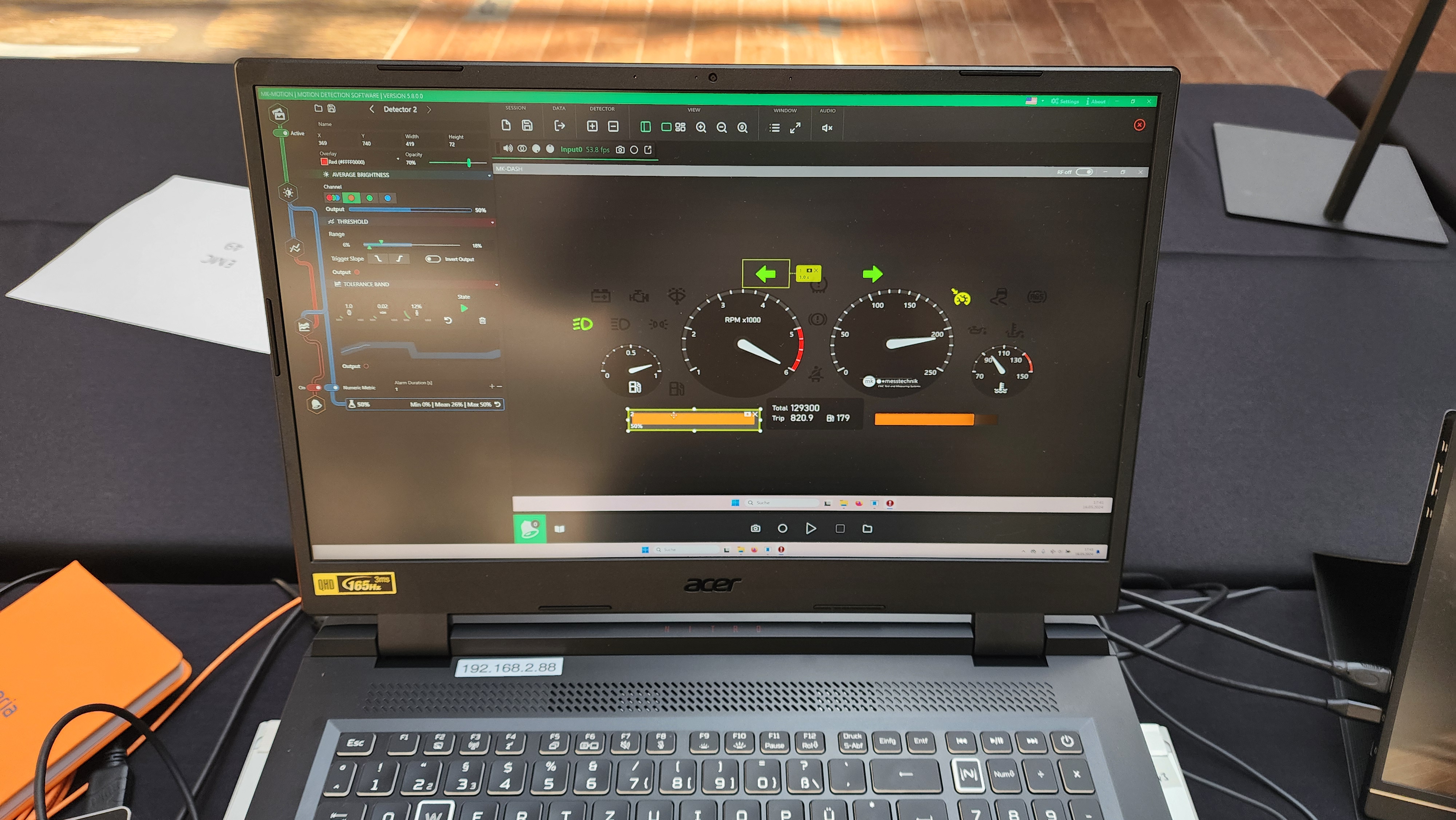
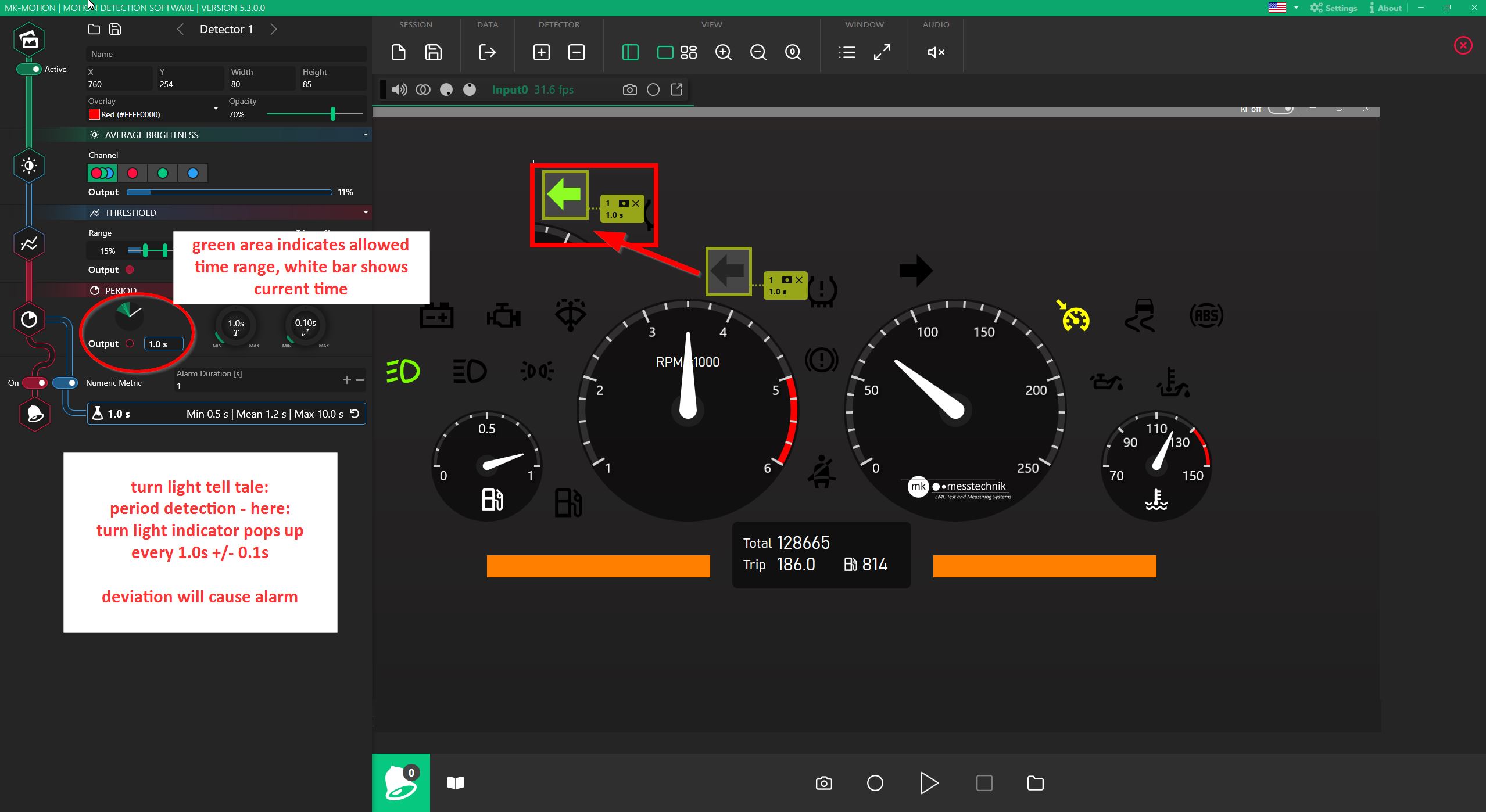
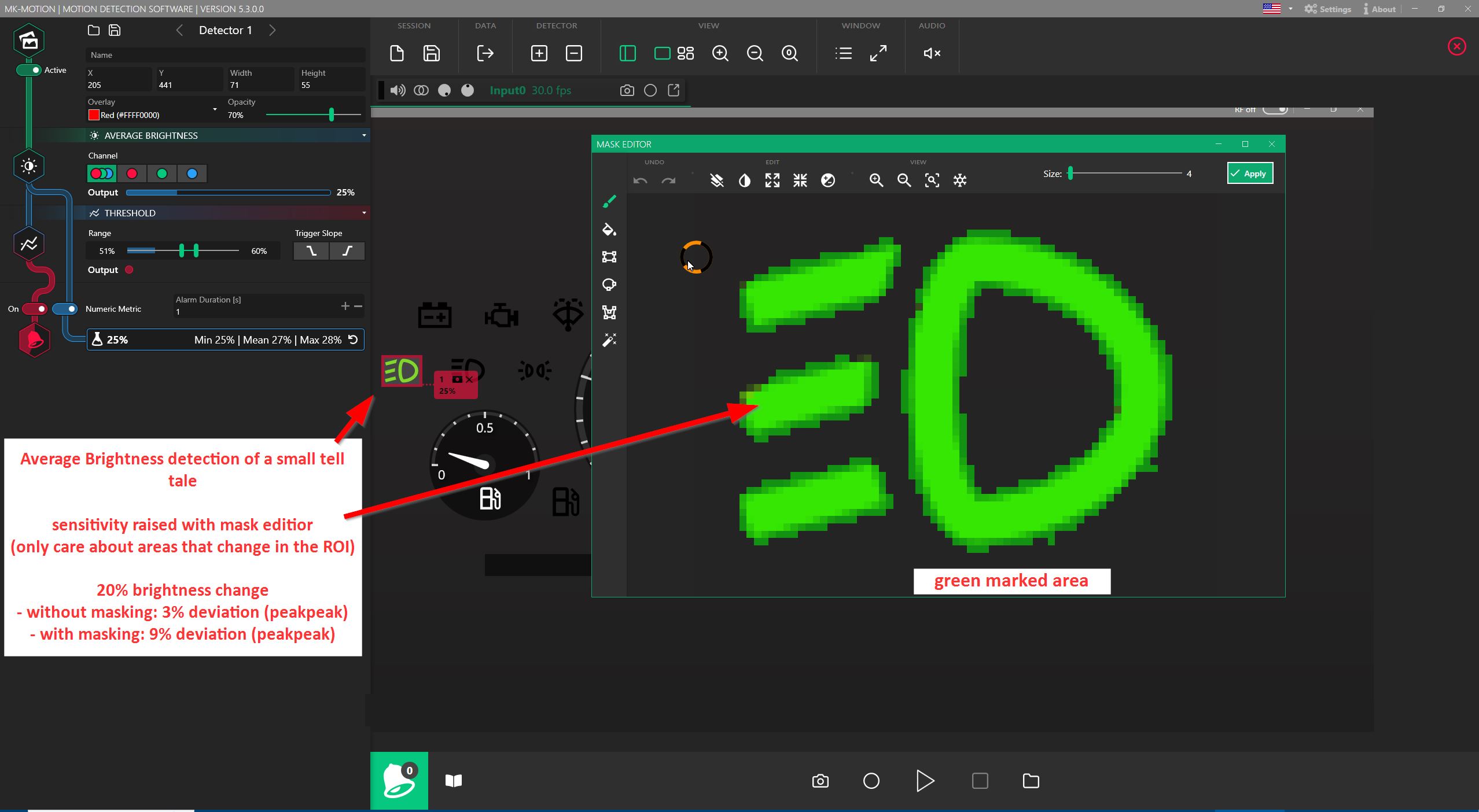
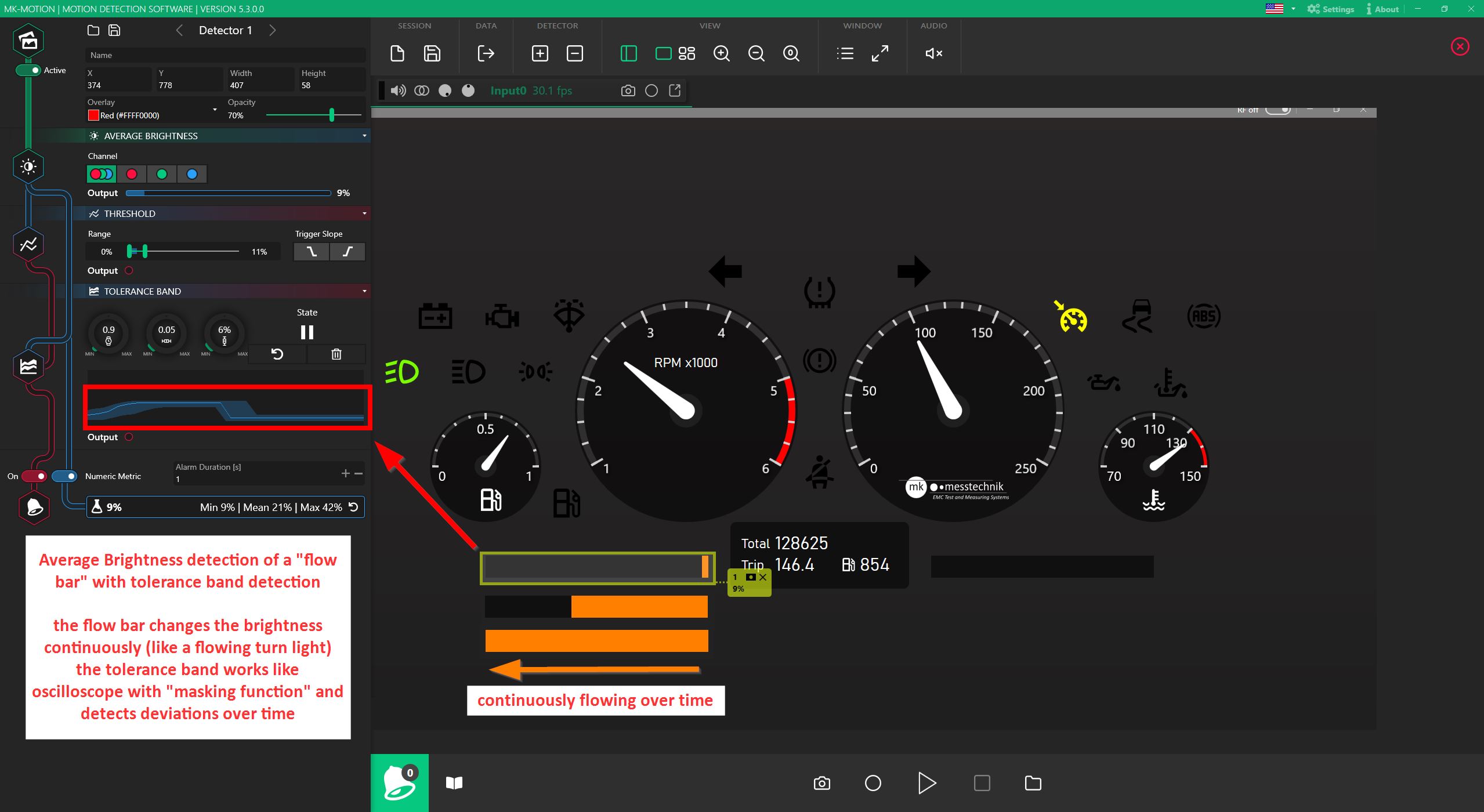
mk-motion, Motion Detection Software
The Motion Detection Software (mk-motion) analyses video images of a test object to detect deviations between target and actual behaviour. The mk-motion motion detection software is thus an optimal support for your EMC technician in his daily requirements.
The motion detection software uses various algorithms to detect deviations. One algorithm converts an image section into a numerical metric. On the one hand, this includes classic motion detection, i.e. the detection of differences between moving images (e.g. the flashing of an LED). On the other hand, depending on the license, the software also supports other algorithms, such as the recognition of characters (OCR) or the calculation of the brightness of an image section.
After an algorithm has converted an image section into a metric, the software determines whether an alarm message is generated from it. Various analyzers (e.g. thresholds) can be applied to the metric.
Finally, detected deviations are reported optically/acoustically and can be transmitted to external software (e.g. EMC measurement software) via TCP/IP networks.
The functional scope of the software and which algorithms and analyzers are available depends on your purchased licenses. The prerequisite for the motion detection software is the purchase of a basic package and suitable hardware. You can either get the hardware from us or you can use your own hardware, provided it meets the minimum requirements. You can add further functions to the software by purchasing additional licenses.
Basic license + Grabber card
The basic license includes the basic functions for image evaluation. It has a single-channel video input up to max. Full HD 1080p30. It can be used to monitor up to four image areas (Region of Interest = ROI) with a maximum size of 960x540 px each. Different algorithms and analyzers can be assigned to each image area. Algorithms available include Two Frames Difference, Custom Frame Difference, Background Modeling, and Average Brightness. Alarms can be issued via TCP/IP networks and visual/acoustically.
The scope of delivery includes a USB stick with software and manual, a USB dongle, and a grabber card. In addition, a suitable PC is required, which is not included in the scope of delivery but can optionally be obtained from us as a fully functional complete system.
If you want to use your own hardware, you will need a powerful PC with a CUDA-compatible graphics card and Windows 10 operating system. We recommend a monitor with at least a 1440p resolution. Please contact our sales team for more details.
Upgrade license + graphics card
The prerequisite for the upgrade license is a basic license with suitable hardware. The upgrade license increases the number of monitorable image areas (ROI) from 4 to 16. The limitation of the size per ROI from the basic license no longer applies. Furthermore, the upgrade license has additional analyzers for frequency, period, and tolerance bands. In this way, expected temporal progressions of the metric can be monitored on a regular basis or with the tolerance band analyzer. To make this possible, a powerful CUDA-compatible graphics card is included in the scope of delivery. The upgrade license can be purchased together with the basic license or subsequently (via software download).
Other feature licenses
All feature licenses can be purchased for initial installation as well as for subsequent download. The respective requirements differ depending on the license as indicated.
- Triggered Recording: Expands the recording function so that video is automatically recorded around an alarm and cropped to fit. Setting a pre-trigger also allows you to look back in time before the alarm. In addition, photos can be taken from the live image. Requires a basic license.
- Text recognition/analysis (OCR): Extends the motion detection software with an algorithm for recognizing characters in the video image. The recognized characters can be compared with a configurable list of words. Due to the high CPU load, the detection is limited to two single-line ROIs. Requires an upgrade license.
- Streaming: Enables the motion detection software to stream the live video to the network. This makes it possible to watch the live video on other devices in the network.

